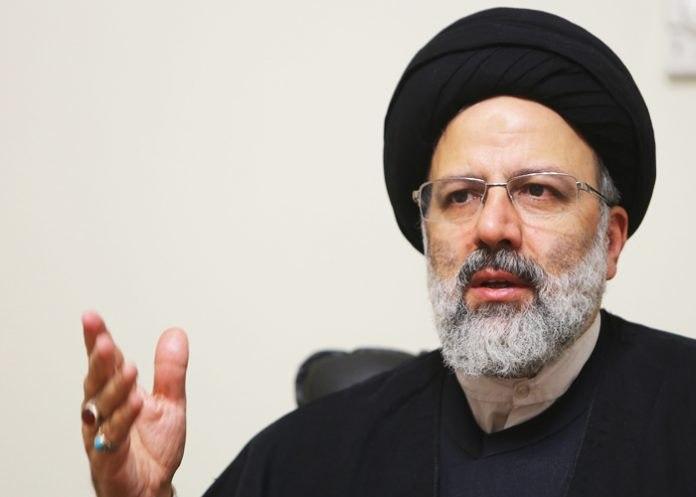In their second live debate ahead of the presidential elections, two of the six candidates contesting in the May 19 race, Seyyed Ebrahim Raisi and Mohammad Baqer Qalibaf, blamed President Hassan Rouhani’s administration for its alleged lacklustre performance in terms of protecting the rights of Iranians in the process of implementing the nuclear deal – also known as the Joint comprehensive Plan of Action (JCPOA) – and in the country’s foreign policy.
According to a report by IFP, both conservative candidates, however, said they will respect the JCPOA and remain committed to it if elected as president.
Addressing the debate on Friday, Raisi, who is the current custodian of the Holy Shrine of Imam Reza (PBUH) – the Eighth Shiite Imam – located in the northeastern Iranian city of Mashhad, said he has sufficient information about the JCPOA, though not as much as Iranian diplomats.
He also expressed his gratitude towards the Iranian diplomats and nuclear negotiators for their incessant efforts during the course of the nuclear talks with the six world powers and in the process of implementing the nuclear deal.
During his presidential campaign in 2013, Rouhani promised that the country’s centrifuges will turn and so will the wheels of people’s livelihoods. Raisi referred to the promise and questioned whether the goal has been achieved or not.
Addressing Iranian Minister of Economic Affairs and Finance Ali Tayyebnia, he said, “Mr. Tayyebnia, what was supposed to happen by implementing the JCPOA?”
Raisi noted that Rouhani said not just the country’s centrifuges, but the wheels of domestic production should spin, adding, this is while Iran has currently sunk into recession.
He quoted Iranian Minister of Foreign Affairs Mohammad Javad Zarif as saying that the US neither lived up to the text of the JCPOA nor to its spirit, adding the West’s banking sanctions on Iran are still in place.
Following the going into effect of the JCPOA, only a not so important middle-sized bank in Turkey said that Iran has opened a number of LCs [lines of credit], Raisi added.
He said whenever foreign currency is transferred to the country through legal banking channels, one can say the banking sanctions are removed.
Addressing the same debate, Qalibaf, the Mayor of Tehran, asked the Rouhani administration what pragmatic outcomes the implementation of the JCPOA has had for the Iranian people.
As witnessed and acknowledged by Iranians, he noted, the country has achieved no economic breakthrough by implementing the nuclear deal.
Qalibaf said the JCPOA has turned into a gateway for European exports to the country, and this has just been in the interest of affluent people in Iran who constitute only four percent of the country’s population.
